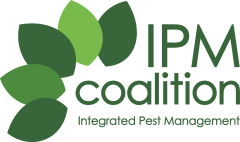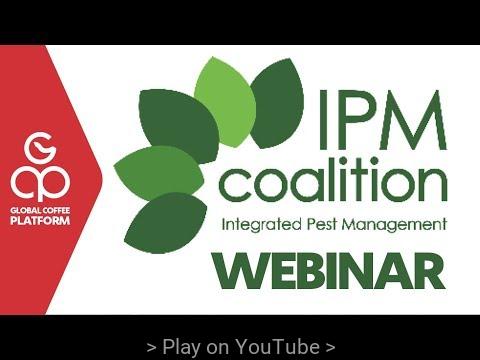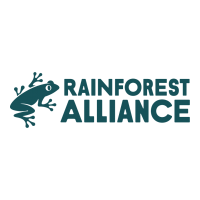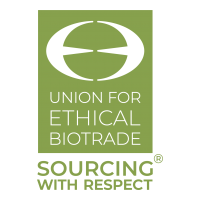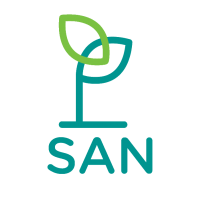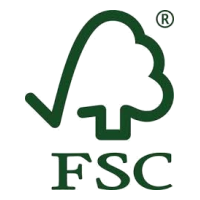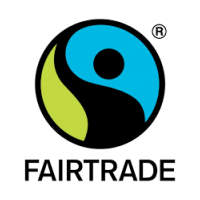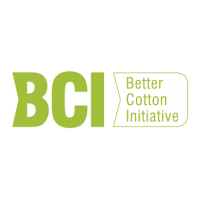Many pesticides can be harmful to people and the environment, but they're still commonly used because of a lack of knowledge about their effects or other ways of managing pests. Voluntary sustainability standards include restrictions on certain pesticides within their criteria, and many provide on-the-ground training on alternative pest control methods.
In 2016, nine ISEAL members came together to form the Integrated Pest Management (IPM) Coalition. The coalition aims to reduce and eventually eliminate the use of highly hazardous pesticides, and to promote more sustainable alternatives. It also aims to harmonise approaches to pesticides between ISEAL member standards.
Meanwhile the Coalition has grown, with new members joining in. As of today, the Coalition consists of 11 members.
This common pesticide database and IPM platform, is an IPM coalition initiative. It offers information about pesticides, their hazards and the restrictions and prohibitions set by each of the IPM coalition members.
Criteria to restrict certain pesticides differ considering the diversity of crops, contexts in which the Coalition members work and the diverse focus of the standards. However, it is the intention to establish collaborative projects to find more sound and innovative alternatives to the use of these pesticides.
